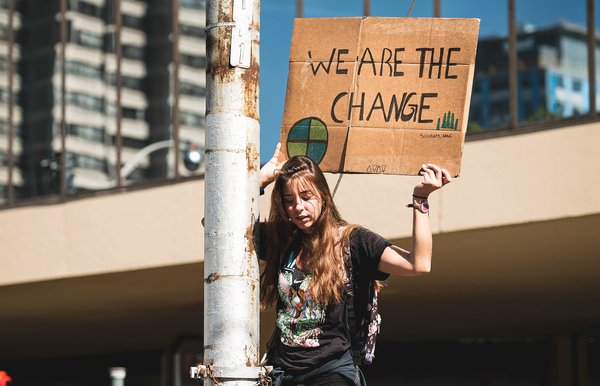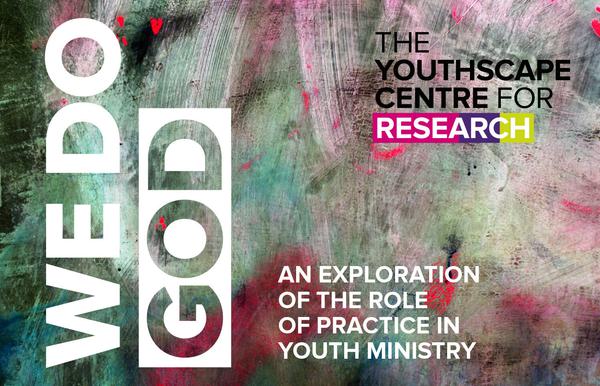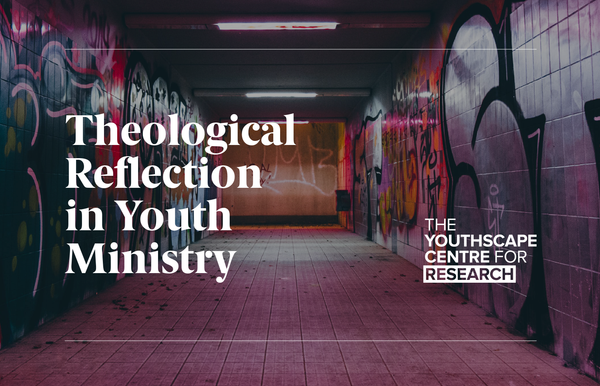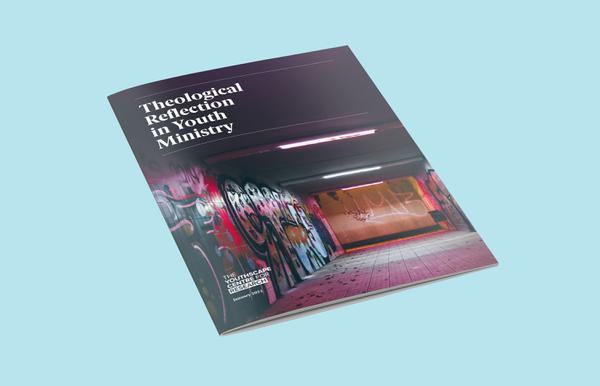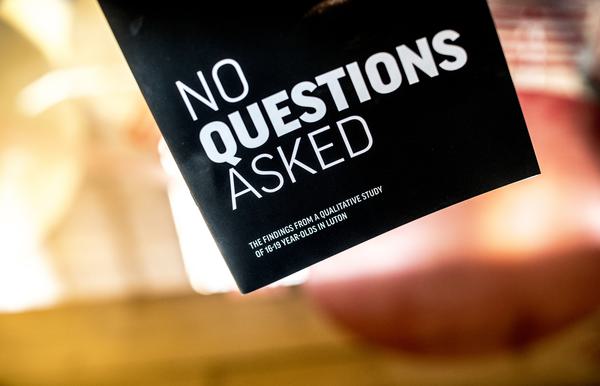Relational Hubs are open-access community youth projects, with an after-school ‘drop-in’ at the centre. The Youthscape Centre for Research was commissioned to learn more about the work of three of these hubs, and the impact they have.
The Relational Hub charity supports churches and Christian organisations to set up and run community youth projects, using a model developed from the team’s own experience of establishing a drop-in that was open every day after school. 113 people from across three of these ‘hubs’ participated in the research: Leatherhead Youth Project, The Bell Tower, and Thirst Youth Café.
From our interviews and surveys, we heard that hubs were safe and positive places, where young people received valuable support from youth workers. Young people felt their confidence and social skills improved because of spending time in these spaces, and many of them had accessed wider opportunities through the hubs.
Who took part in the research?
- 41 young people who currently attend a drop-in (25 surveyed and 16 interviewed)
- 31 young adults who attended a drop-in as teenagers (17 surveyed and 14 interviewed)
- 41 staff and volunteers (all surveyed)
1. A safe and positive place
Across all three locations, the youth hubs were described as places with a warm and positive atmosphere that made young people feel welcome. They are fun places to socialise and meet new people; well-equipped with things to do and attractive environments that feel homely. We were told that each drop-in was a ‘safe place’, where youth workers maintained boundaries that protected this positive atmosphere. Young people valued the freedom to engage as much or as little as they wanted in the drop-in and contrasted this with the structure of school life. They appreciated youth workers being accessible every day after school, which meant they could chat to them as and when they wanted.
“…wherever the Bell Tower goes, it still feels like home. Like, we had to relocate, but it still feels like a home.”
(16-year-old male)
2. Supportive relationships
Young people were initially attracted by a comfortable space where they could hang out with friends. But it was the youth workers in those spaces who created a safe atmosphere, made them feel welcome and gave them a range of support – from a listening ear to transformative opportunities. When describing their relationships with youth workers, young people said they were easy to talk to, friendly and non-judgemental, available, supportive and someone to look up to.
“You form such good relationships with the youth workers, where you can trust each other and well I personally really respected and listened to what they had to say because all the advice they gave me led on to good things.”
(18-year-old female, LYP)
3. Change in me
The two outcomes young people talked most often about were greater confidence and stronger social skills, developed through spending time with peers and youth workers. The drop-in spaces also provided the opportunity to learn how to process and manage their emotions, and some young people described developing a sense of personal responsibility, respect for others and a broadened perspective on life. In some cases, the positive impact of the drop-in was that it re-directed young people away from peers who might have drawn them into unsafe contexts or behaviours. There was also a group of young people who told us they had learned new skills.
“When you let all your emotions out and you talk about it, it does help you mentally.”
(17-year-old female, Thirst)
4. From everyday fun to transforming opportunities
At the heart of each of the hubs is a drop-in that is open after school and provides a relaxed space for young people to hang out with friends, play games and get to know a group of youth workers. But these drop-in spaces are run by youth charities or organisations that also provide other opportunities to those who attend the hubs. These ranged from weekly groups to one-off projects and trips out, and from annual residentials to visiting other countries. Such opportunities provide a pathway for development and ongoing engagement beyond the drop-in context.
“I’ve done things I didn’t think I was ever going to do, like climbing that mountain. It was very tiring, but it was such a laugh.”
(15-year-old female, LYP)
5. Sustainability and long-term impact
Team members of the three hubs identified a range of factors that needed to be in place to successfully establish a community youth drop-in. First, a dedicated team that is committed to, and cares, for young people. Then, a well-equipped and conveniently located space is needed, which will have a range of fun activities for young people to engage in. Engagement with the wider community was seen as very important, and projects benefit from the support of churches in all sorts of ways, whether that is financial, prayer and practical resources, volunteering or various other kinds of expertise.
CEO Andy Gill says “The findings of the ‘Feels like home’ research reflect and amplify two decades-worth of experience delivering open access youth drop-ins and supporting others to do the same. Hearing the voices of the young people impacted by our work has been a privilege and an inspiration. It has reinvigorated our passion to see more relational hubs created wherever there is a need, and wherever that need is matched by a local church or organisation with a vision to support young people.”
You can read the full report here. To find out more about Relational Hub visit their website https://www.relationalhub.org







